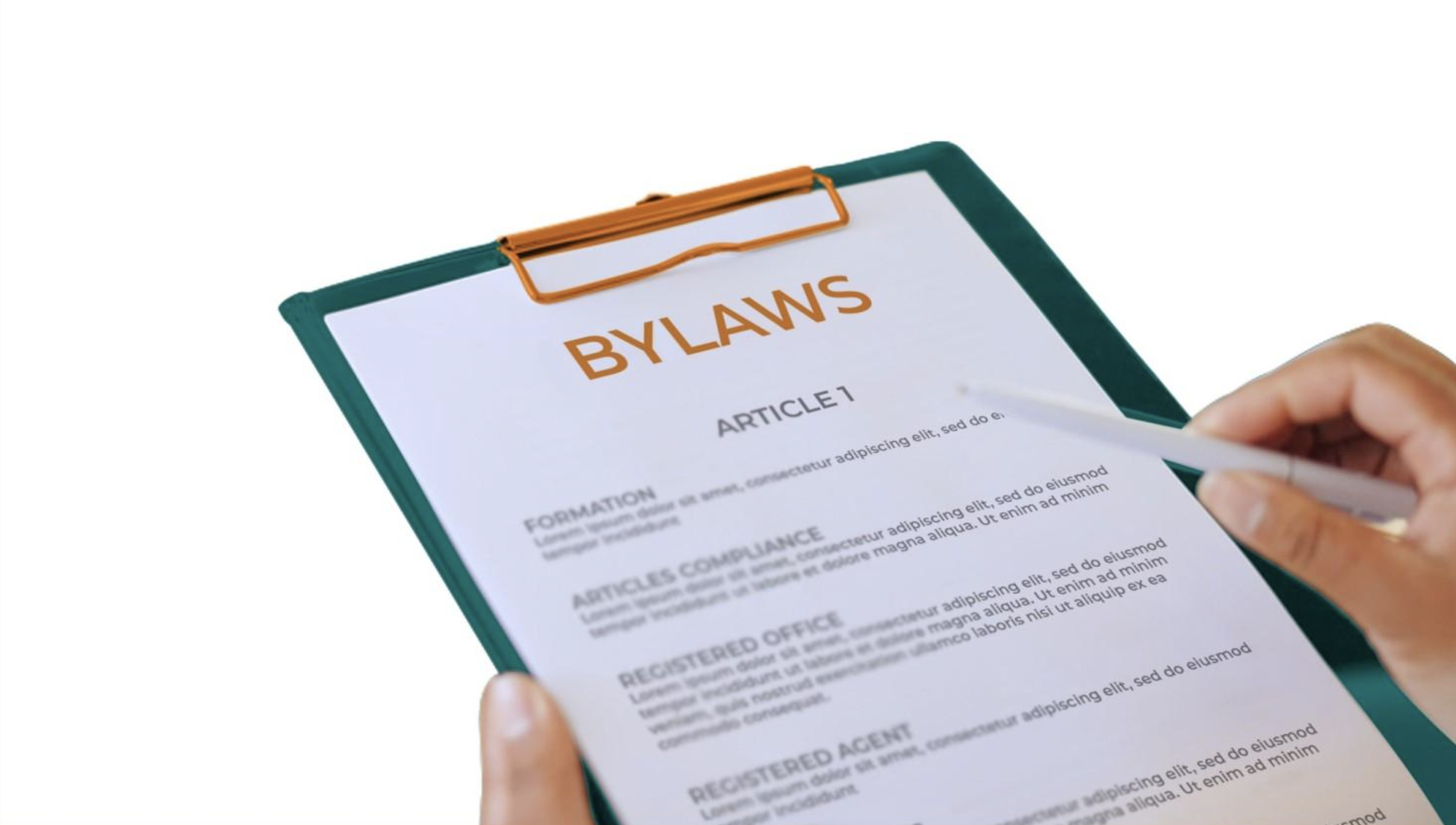
Who Is Ultimately Responsible for a Booster Club?
Who Is Ultimately Responsible for a Booster Club?
Volunteering for a booster club is a great way to help your local schools, neighborhood kids, and the community. However, booster clubs must abide by certain rules, and when those rules are broken, someone has to be held accountable.
Booster club members generally are not responsible for mishaps that occur in the club. However, when you volunteer to be President or any officer in a club, your office comes with certain liabilities.
Booster Club President
A booster club president is like the CEO of the organization. They generally have to dedicate more time to the club than anyone else and are ultimately responsible for the success of the organization. The President sets the tone and ethical foundation for the club and is expected to attend every meeting and fundraiser.
Other responsibilities of the booster club President include:
- Appointing other leadership positions
- Enforcing the rules
- Leading communication with the school
- Dealing with membership issues
- Organizing meetings
If something goes wrong with the club, the President is exposed to liability. The President can be sued personally if the club is accused of breaking booster club laws, if an accident that was the club’s fault happens, or if there is illegal financial activity.
Booster Club Officers
Booster clubs often have at least three officers under the president: Vice President, Secretary, and Treasurer. Each officer has distinct responsibilities that they are solely responsible for.
The Vice President steps in or supplements the work of the President. The secretary is responsible for documentation, recording, and other duties such as managing the club website. The treasurer is responsible for the finances of the organization.
Any officer of the booster club may be held personally liable in the event of a lawsuit.
A Few Things to Consider
Before you take on the role of an officer, you should be aware of the position’s booster club responsibilities. Familiarizing yourself with various requirements under the law can help ensure your club is operating appropriately and protected from lawsuits.
Tax Compliance
Every booster club has to file yearly taxes, just like any other organization. Even if you are tax-exempt under the 501(c)(3) laws, you must file a return every year. Whether you are the treasurer or not, you should be aware of your tax liabilities and requirements for filing.
Operating Systems
Before taking on the role of an officer, it is good practice to look into what sorts of operating systems the club has. If the club is operating with a booster club software with robust accounting features, it can greatly minimize your exposure. On the other hand, if the club is operating using little more than cash and paper records, your risk is higher.
Liability Insurance
No matter how well you think the booster club is run, you cannot predict the future. It is best practice to have a liability insurance policy in place so that you are prepared for unexpected circumstances.
On the surface, the responsibilities of booster clubs and their officers can seem intimidating. However, with the right organizational measures and checks and balances in place, you can rest easy knowing that you are protected.
Simplify Communications from App to Website




.png)